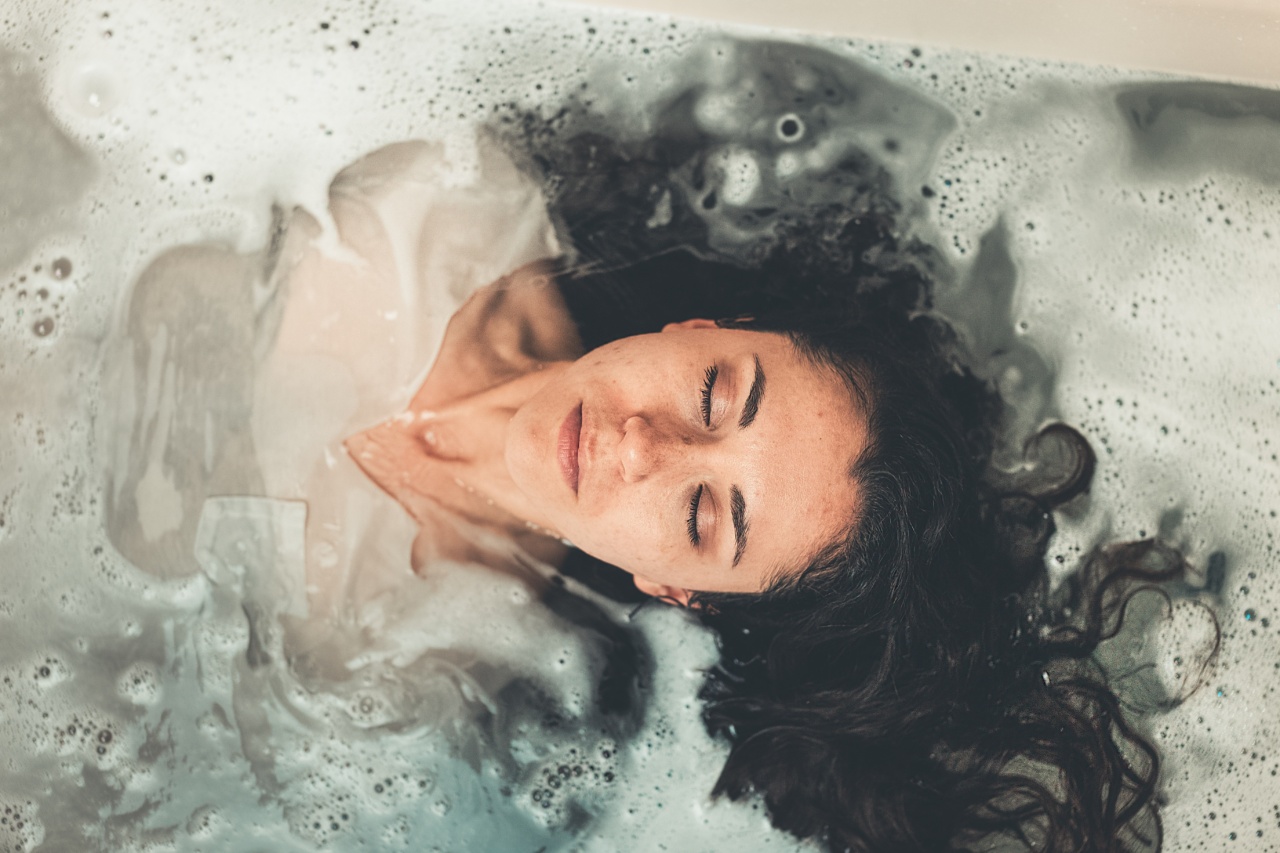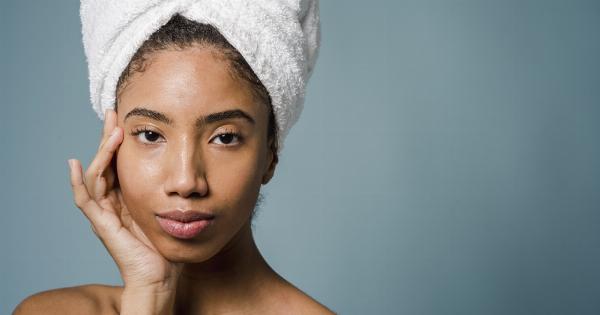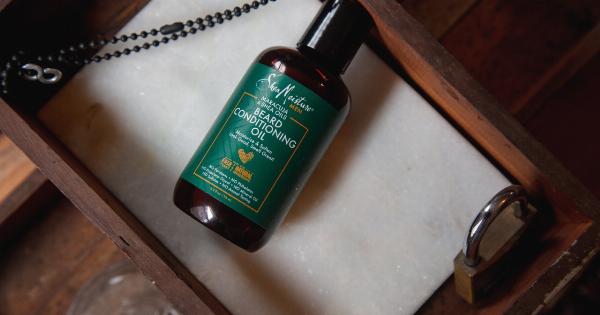We all know that washing our hair every day is not recommended since it can strip our hair of natural oils, but what about the aftermath of a good wash? Wet hair is quite fragile and therefore requires special care before and after styling.
Below are five things that you should never do to wet hair and a visual guide to help you understand why.
1. Brushing Wet Hair
One of the most common mistakes we make is brushing our wet hair. When wet, hair is particularly prone to breakage and damage, especially if it is curly or wavy.
This is because wet hair is more elastic, and brushing it can cause it to stretch and break, leading to split ends, damage, and frizz. On top of that, brushing wet hair can also pull on your hair follicles, which can lead to hair loss or thinning.
Visual Guide: Imagine a piece of elastic, you can stretch it easily when it’s wet, but when you do that frequently, it will eventually lose its elasticity and snap. The same principle applies to your hair, so avoid brushing your wet hair.
2. Tight Ponytails or Buns
Wet hair is heavy, and when you pull it too tightly, it puts tension on your hair follicles, leading to breakage and damage. Elastic hair ties can also pull or snag on hair, causing it to stretch or break.
On top of that, if you secure your wet hair too tightly, it can cause headaches, migraines, and even hair loss.
Visual Guide: Imagine an elastic band, picture stretching it to its limits, the tighter you pull it, the more likely it is to snap.
Similarly, when you tie your hair too tightly, you are risking hair breakage, so opt for looser hairstyles or wait until your hair is dry, then style it.
3. Heat Styling Wet Hair
Heat styling tools can damage hair on a regular day, but using them on wet hair can cause major damage to your locks.
When you apply heat directly to your wet hair, it can cause steam to develop inside your hair shaft, leading to swelling and damage to your hair cuticles. This can cause hair to become brittle, frizzy, or even split at the ends.
Visual Guide: Imagine cooking your hair in a microwave. No matter how tempting it is to save time drying your hair with a straightener or curling iron, don’t do it! Wait until your hair is 100% dry and use a heat protectant spray before styling.
4. Rubbing Your Hair with a Towel
Rubbing your hair with a towel may seem like the quickest way to dry your hair, however, it can cause significant damage to your hair. Rubbing forces water out of the hair shaft and can cause tangles, frizz, and breakage.
This can be especially damaging if you have curly or wavy hair, as it can cause your curls to lose their shape.
Visual Guide: Imagine a sponge soaked with water, you can squeeze the water out gently, but if you rub it hard, it will begin to break and fall apart.
The same applies to your hair, be gentle when drying your hair, gently pat it with a towel or use a microfiber towel to prevent breakage and damage.
5. Sleeping with Wet Hair
Sleeping with wet hair can cause damage to your hair in a few different ways. Firstly, if you sleep with wet hair, it can create a damp, warm environment that is perfect for bacteria and fungi to grow in, leading to scalp infections.
Secondly, as mentioned earlier, wet hair is more fragile, which means that sleeping with wet hair can cause it to tangle, knot, and break. Lastly, if you sleep on damp pillows, it can cause mold and mildew to grow, which can worsen allergies and asthma.
Visual Guide: Imagine sleeping with a wet sponge on your pillow, it will become smelly and moldy. Similarly, if you sleep with wet hair, it can smell bad, and cause damage to your hair and skin.
Conclusion
Wet hair is very delicate, and therefore requires special care.
To keep your hair healthy, avoid brushing it when it is wet, don’t tie it too tightly, avoid heat styling when your hair is wet, don’t rub your hair with a towel, and never sleep with wet hair. As important as your hair is to you, it’s vital that you don’t damage it in the process of styling. Your hair is delicate and it takes time, effort, and patience to keep it healthy and strong.



























